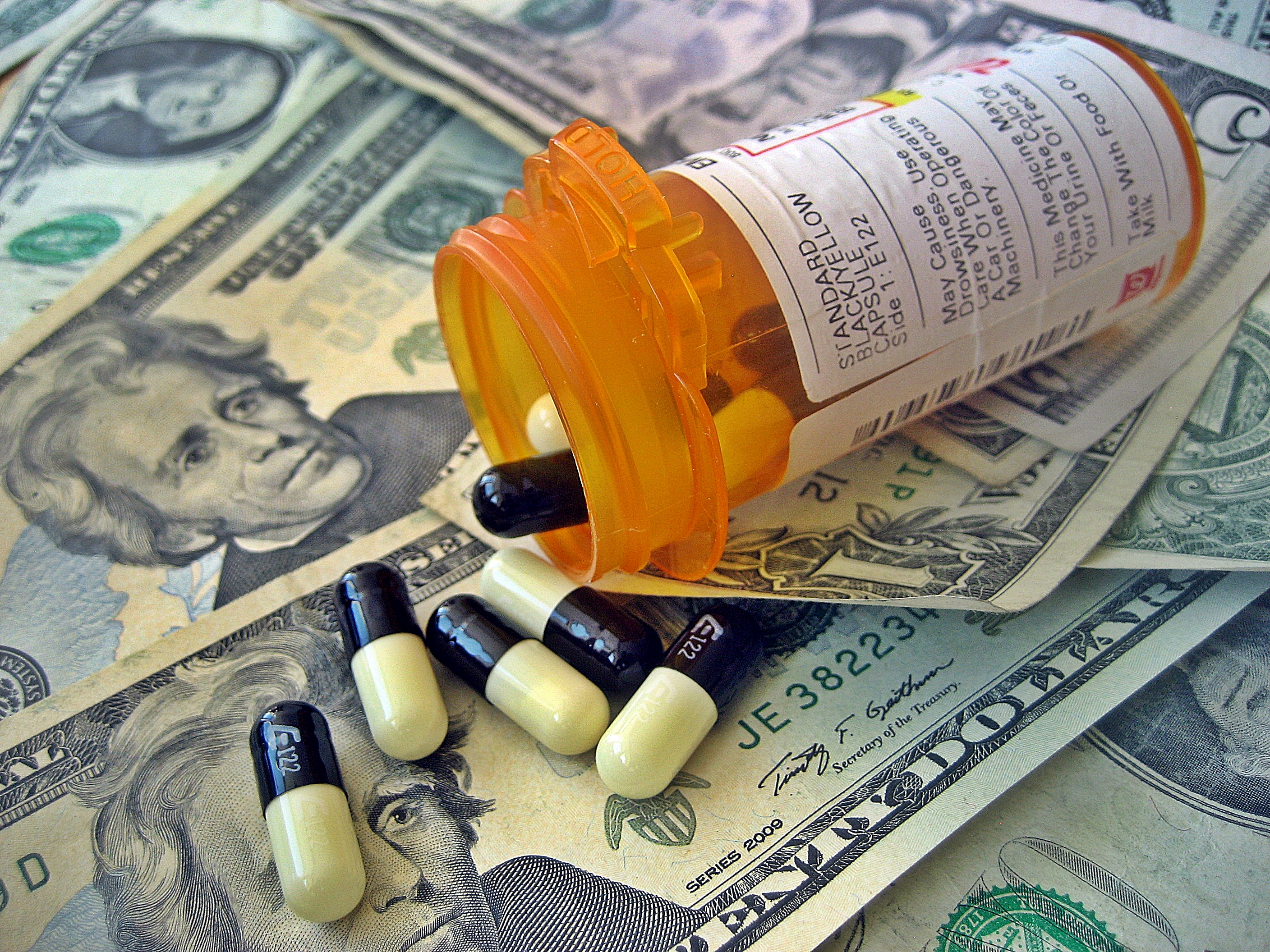
Dividend Recapitalizations in Health Care: How Private Equity Raids Critical Health Care Infrastructure for Short Term Profit
October 20, 2020
Dividend recapitalizations are transactions by which private equity firms load debt onto companies they own to give themselves cash payouts. The tactic has been widely criticized by both supporters and skeptics of the private equity model for needlessly saddling companies with debt to extract capital without making substantive operating improvements, putting those companies at risk for restructuring, bankruptcy, or cost cutting to make up the interest payments and pay off debt. Despite concerns, private equity firms continue the practice with impunity.
It is especially troubling that private equity firms would undertake dividend recapitalizations at the health care companies they own, which depend heavily on government funding and where these kinds of aggressive financial policies may put critical health care infrastructure at risk.
Through several case studies, this report examines the potential impacts of dividend recapitalizations at private equity-owned health care companies and proposes policy solutions to ensure that workers and communities are protected.
Key Points
– Dividend recapitalizations are transactions by which private equity firms add debt to their portfolio companies’ balance sheets in order to collect dividends for themselves.
– Dividend recapitalizations at private equity-owned health care companies benefit private equity owners often at the expense of the companies, their patients, their employees, and the communities they serve.
– Many health care companies draw a substantial portion of their revenue from publicly funded programs such as Medicare and Medicaid. Now, billions more dollars are flowing into the industry through stimulus funding aimed to address the COVID-19 pandemic. As taxpayer-funded programs continue to provide valuable resources to the health care industry, it is essential to examine the role of private equity-backed dividend recapitalizations to ensure that that money goes where it is intended—and not primarily to benefit wealthy investors.
– Case study: TridentUSA, previously owned by Audax Group and Frazier Healthcare and then sold to Formation Capital, paid multiple debt-financed dividends while under investigation for illegal kickback schemes, and then filed for bankruptcy after paying an $8.5 million settlement to the Federal government.
– Case study: Millennium Health, owned by TA Associates and its founder, paid its owners $1.3 billion in debt-funded dividends in the year leading up to its bankruptcy.
– Case Study: Prospect Medical Holdings has paid its Leonard Green & Partners-led ownership group at least $658 million in fees and dividends despite poor quality ratings, operating challenges, declining financial performance, and substantially underfunded pensions.
– Case Study: Aspen Dental, owned by Ares Capital and Leonard Green & Partners, has paid hundreds of millions of dollars in dividends despite numerous consumer complaints and allegations that its profit-driven business practices directly impacted patient care.
– Case Study: Sterigenics, a medical sterilization company owned by Warburg Pincus and GTCR, has paid its owners at least $1.17 billion in debt-financed dividends since 2016. It is currently facing hundreds of lawsuits related to its cancer-causing emissions, some of which allege that the private equity owners extracted the dividends in order to insulate their capital from anticipated litigation.
– A table of other health care dividends follows in the appendix of this report.
– Policymakers can address the negative impacts of dividend recapitalizations by requiring greater transparency for private equity firms operating in the health care industry and placing limits on dividends and leverage.
